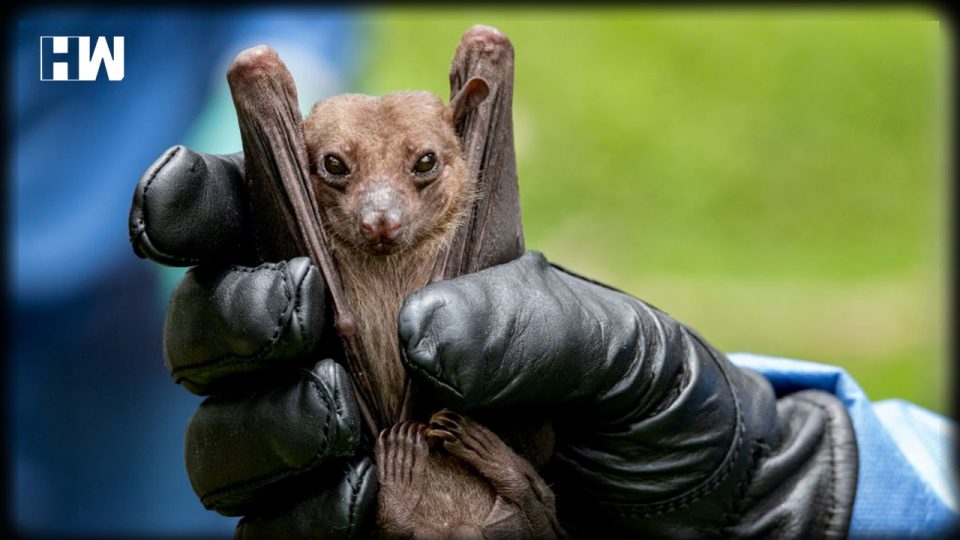The coronavirus in bats affecting humans is a rare incident, maybe, once in 1000 years: ICMR quotes Chinese theory on COVID-19.
New Delhi: ICMR on Wednesday said that a research study in China has shown that the coronavirus strain that led to a deadly pandemic is mutated form of its variant found in bats.
The research study shows that the highly infectious virus may have infected humans either directly from bats or it may have been transmitted from bats to pangolins and then humans, ICMR said.
“We also conducted research and surveillance on bats in order to check if emerging infectious diseases are found in bats, we learnt that there are two types of bats, which carry coronavirus. However, the virus was not capable of affecting humans,” Head of Epidemiology and Communicable diseases at the ICMR, Dr Gangakhedkar said on the recent research conducted by the ICMR on Indian species of bats.
The coronavirus is found in bats, but an incident of it spreading from bats to humans happens once in, maybe, a thousand years when any virus changes species, said Dr Gangakhedkar.
“That is a rare event,” he added.
Also Read: Govt Identifies 170 Districts Hotspots, Identifies 207 As Non-Hotspots
According to the ICMR study published in the Indian Journal of Medical Research, scientists have found the presence of Bat coronaviruses in two species from Kerala, Himachal Pradesh, Puducherry and Tamil Nadu.
Dr Pragya D Yadav, Scientist at National Institute of Virology-Pune and also the first author of the study had said that there is no proof or study to claim that these bat coronaviruses can cause disease in humans.
On Thursday, India crossed the 12,000-mark in novel coronavirus cases by recording total 12,380 infections, and casualties surged to 414, the Union Health Ministry said.
Across the globe, the novel coronavirus has infected over 2 million people and caused over 136,000 fatalities.
As an independent media platform, we do not take advertisements from governments and corporate houses. It is you, our readers, who have supported us on our journey to do honest and unbiased journalism. Please contribute, so that we can continue to do the same in future.

